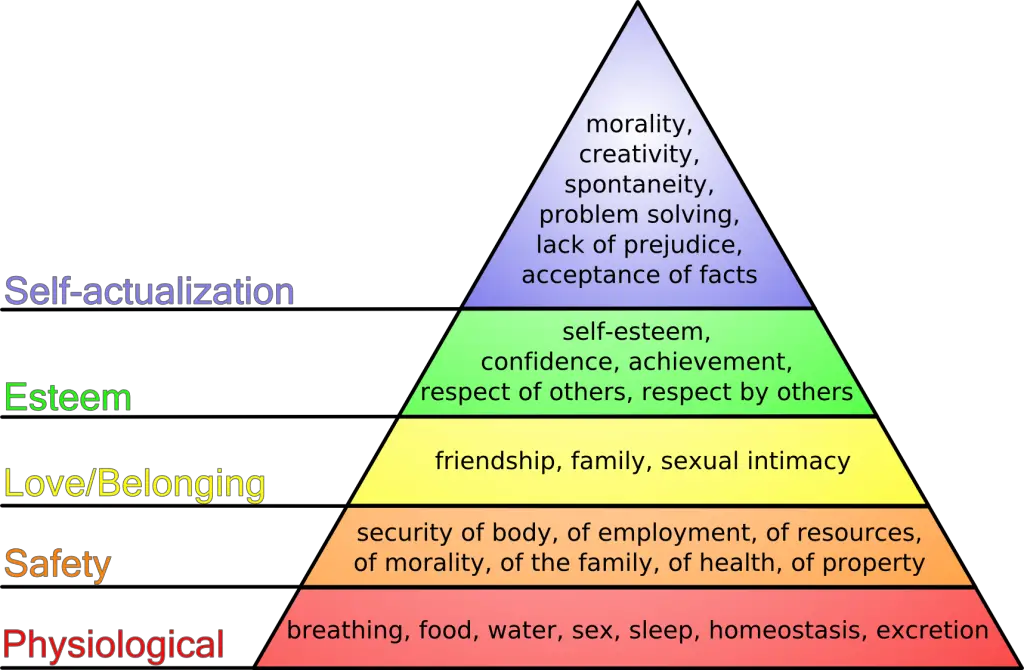I have been thinking about poverty – causes, impacts and solutions – a lot the last year or so and have spent the last few days jotting down some thoughts. I believe this series, which focuses more on the humanity when thinking about personal finance, and less on the nuts and bolts of saving/investing, is the perfect home for this latest post.
As you close in on financial freedom, you will find that life’s options (e.g. where to shop, where to live, what to eat, etc.) increase exponentially, you have a greater ability to engage in introspection and hopefully, a desire to think – and act – beyond and outside of yourself.
Conversely, those that are mired in poverty have fewer, if any, real options, are less likely to engage in introspection and generally don’t have the option of thinking too much beyond themselves. They are very much stuck in the moment, fighting for survival. It isn’t as if they don’t have the ability or are opposed to introspection and thinking beyond themselves, they simply don’t have the time or energy.
A Lonely Road, the fourth entry in the A Region Left Behind: Lost Opportunity in the Deep South series, courtesy of The Washington Post, perfectly captures this phenomenon. The article tells the story of Lauren, a 28-year old resident of Forest Park, Georgia, and follows her as she hunts for a job.
One day on the hunt is described as follows: sixty-nine stops on a bus, a nine-minute train ride, an additional forty-nine stops on a bus and a quarter-mile walk. Four hours round trip just to submit a job application. She probably wasn’t giving any thought to how the stock market had performed over the last week, whether she preferred kale or spinach in her smoothies, should she work chest or shoulders later at the gym, or when she might make the next contribution to her IRA during that four-hour journey.

Of course, my insight isn’t particularly keen nor new. In his 1943 paper, A Theory of Human Motivation, Abraham Maslow described his ‘hierarchy of needs’ a now well-known psychology theory. Those who have attained financial freedom are more likely to be comfortably ensconced at the top of the pyramid, having achieved self-actualization. Those who have achieved a measure of job security and financial stability are likely involved in loving/fruitful relationships and have a high level of self-esteem. Conversely, those who are mired in poverty, who struggle to establish a firm financial foundation, continually bounce between the lower two levels, physiological and safety.
It’s hard (impossible?) to have high self-esteem, gain the realization or fulfillment of one’s talents and potentialities, or think too far beyond one’s self (and the present situation) if struggling to keep the heat on in an apartment and aren’t 100% sure where the next meal will come from.
There is no doubt that those who find themselves mired in poverty have likely made some bad choices. Maybe even some terrible choices. However, haven’t we all? The unfortunate reality is that many poor have never been in a position to make better choices, don’t have reasonable access to capital, and they find themselves mired in a situation that becomes harder to break free of, particularly in a system and economic environment that is not very forgiving.
A statement that has stuck with me since I first saw the documentary Spent: Looking for Change, a SavvyRecommendation, nearly two years ago, was uttered by Justin, a 20-something who started a small production company that shoots videos for corporate clients and is one of the unbanked; someone who relies on check cashing outlets and is all too familiar with payday loans. He noted, “People often judge me on the choices I’ve made, not knowing the options I had.”
Perhaps as you settle into a higher level on Maslow’s pyramid, you will judge less and spend some of your own time and energy looking for ways (e.g. volunteering, making charitable contributions, becoming politically active, sharing personal finance tips, etc.) to help others move higher. If you’re able, look beyond yourself.